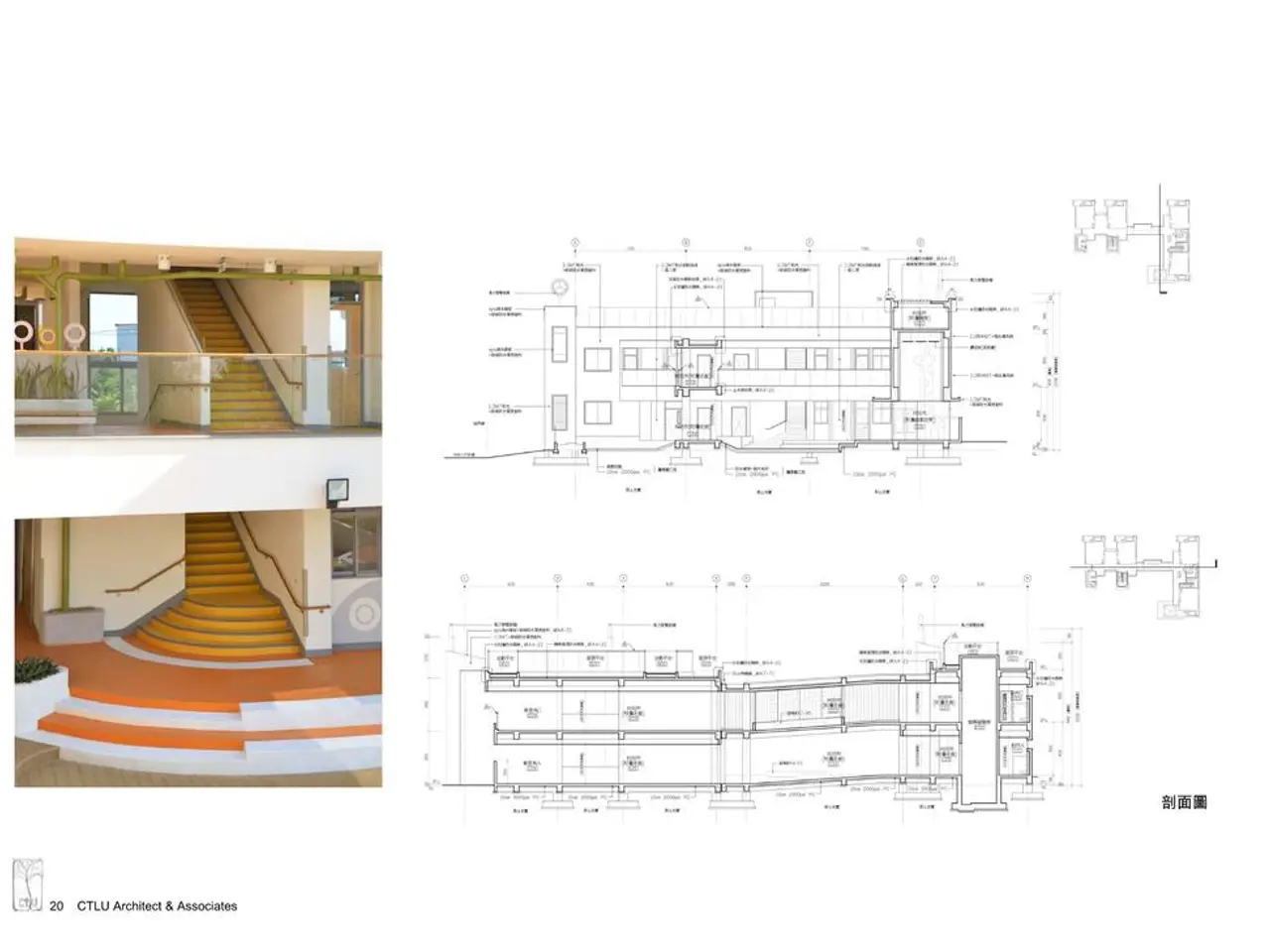Tips for Maintaining Construction Costs at a Minimum
In the realm of construction, managing costs plays a pivotal role in ensuring the success of any project, be it a small renovation or a large infrastructure development.
To start, accurate and detailed cost planning is essential. This planning should be based on a well-defined project scope, clearly specifying all materials, labor, equipment, and timelines. By evaluating alternative materials and strategies, such as prefabrication or outsourcing, one can reduce costs without compromising quality [1][2][3].
Key practices in cost management include understanding and defining the full project scope upfront to avoid scope creep and ambiguous budget items [1][2]. This clarity helps in predicting material needs, labor demands, equipment rentals, and overhead costs. Breaking down costs accurately into direct (materials, labor, equipment) and indirect costs (insurance, management, overhead) is also crucial, using standardized cost coding frameworks to allocate every expense correctly [2].
Monitoring costs and progress in real-time is another essential practice. Construction management software can be used to maintain control, detect overruns early, and adjust plans proactively [3][5]. Controlling major cost centers rigorously, particularly labor which often consumes 50-60% of the budget, is also vital [4]. This can be achieved by improving scheduling, accountability, and minimizing idle time with tools like remote jobsite monitoring to verify productivity.
Leveraging historical data from similar past projects can refine budget estimates, avoid under- or overestimating expenses, and identify typical cost pitfalls [5]. Additional strategies include proactive risk assessment, negotiating contracts carefully to avoid costly change orders, and continuously reviewing and adjusting the budget and project plan to enhance cost efficiency without degrading quality [3].
Building in contingencies can help prepare for unexpected expenses. A solid contingency plan helps you handle financial bumps smoothly without significant disruptions. Setting aside a contingency fund, usually about 10% to 20% of your total budget, can serve as a safety net for unforeseen costs [6].
Clear communication with all project stakeholders is vital for staying on budget. Taking the time to interview potential contractors to assess their skills, past work, and communication can help find reliable contractors [7]. Regular reviews of your budget can allow you to celebrate milestones while knowing your finances are in good shape [8].
In the world of construction, good planning is key to any successful project. Creating a detailed budget that includes all expected costs, such as permits, inspections, and extra funds for unexpected issues, is a crucial first step [9]. Construction projects can lead to growth and development but also have financial challenges. Comparing your budget to the current project status can help you spot any issues early [10].
Recent developments in California have seen the City Council present a "master plan" for all twelve parks located in Norwalk on February 22, 2022 [11]. The construction costs of repaving Lakewood streets will be funded using various funds from Proposition C, Measure R, Measure M, and SB1 [12]. The City Council voted to allocate $5 million to repave eight miles of Lakewood streets using these funds [13].
Using construction management software can streamline communication and help track the project, budget, timelines, and important documents [14]. Regularly tracking expenses in real-time can help avoid financial problems [15]. Monthly budget checks can help you adjust your plans as needed, ensuring you stay on course without overspending [16].
In conclusion, managing costs effectively hinges on detailed upfront planning, precise cost allocation, vigilant real-time monitoring, operational discipline in labor management, and data-driven continuous improvement [1][2][3][4][5]. Building a solid budget, communicating effectively, and staying flexible are key to navigating the financial challenges of construction projects.
- The Norwalk city council has presented a "master plan" for renovating its parks, which includes events like concerts and community news, demonstrating the council's commitment to providing entertainment and improving the community.
- The city council's allocation of $5 million from Proposition C, Measure R, Measure M, and SB1 funds signifies a significant investment in infrastructure development within Norwalk's industry, contributing to the city's economic growth and finance.
- Businesses in the construction sector can learn from the city council's strategic approach in funding and planning, adopting practices such as accurate cost planning, real-time monitoring, and data-driven decision making to ensure cost efficiency and success in their own projects.




